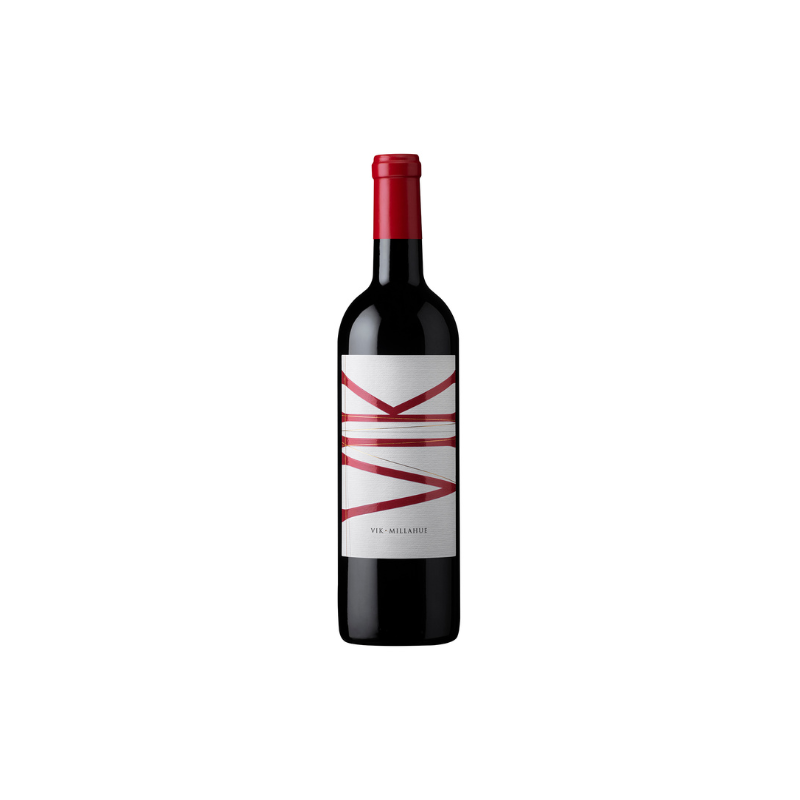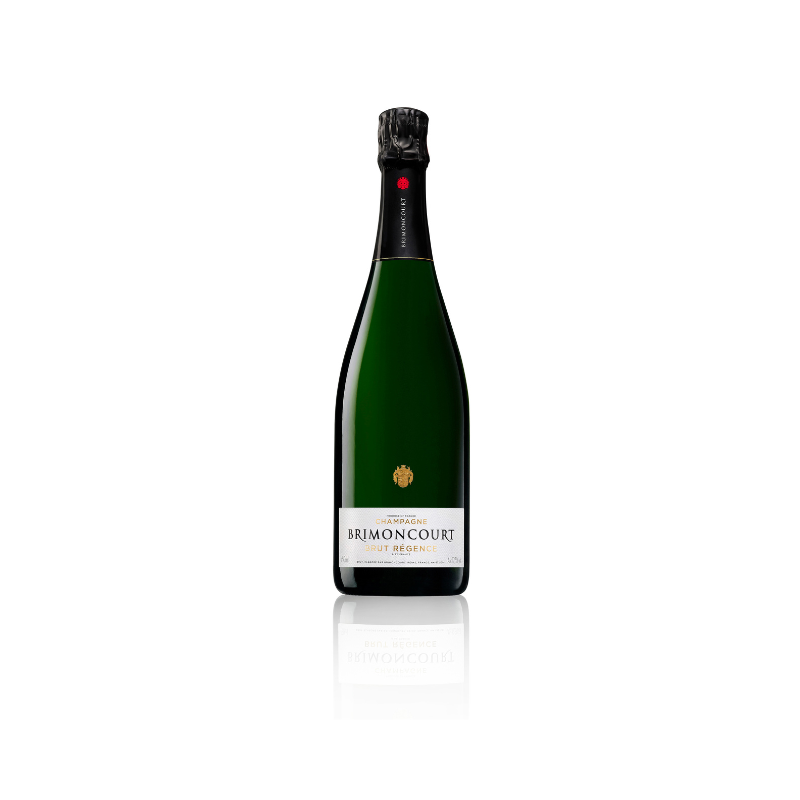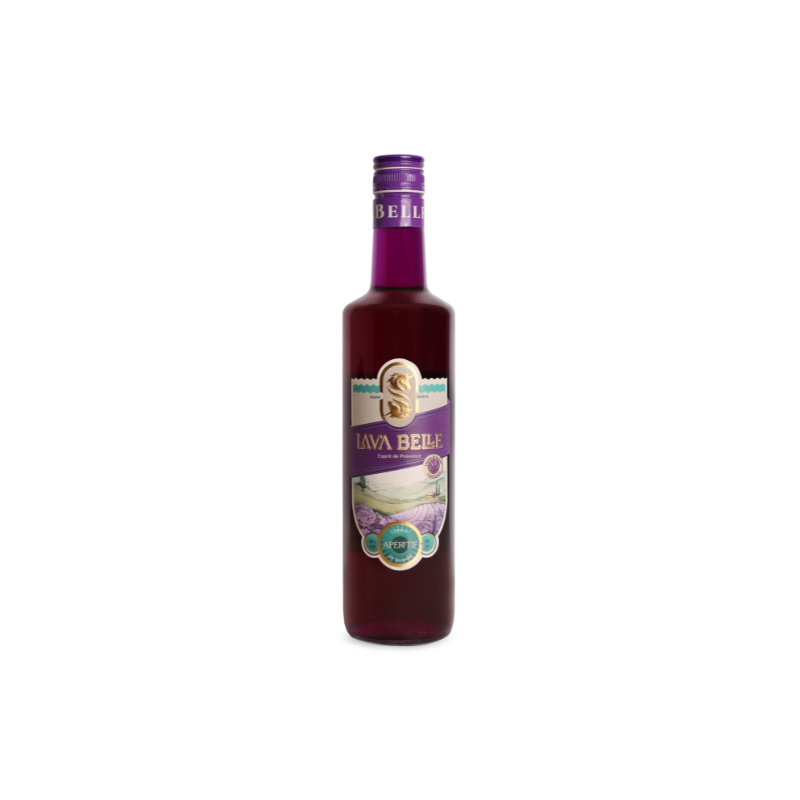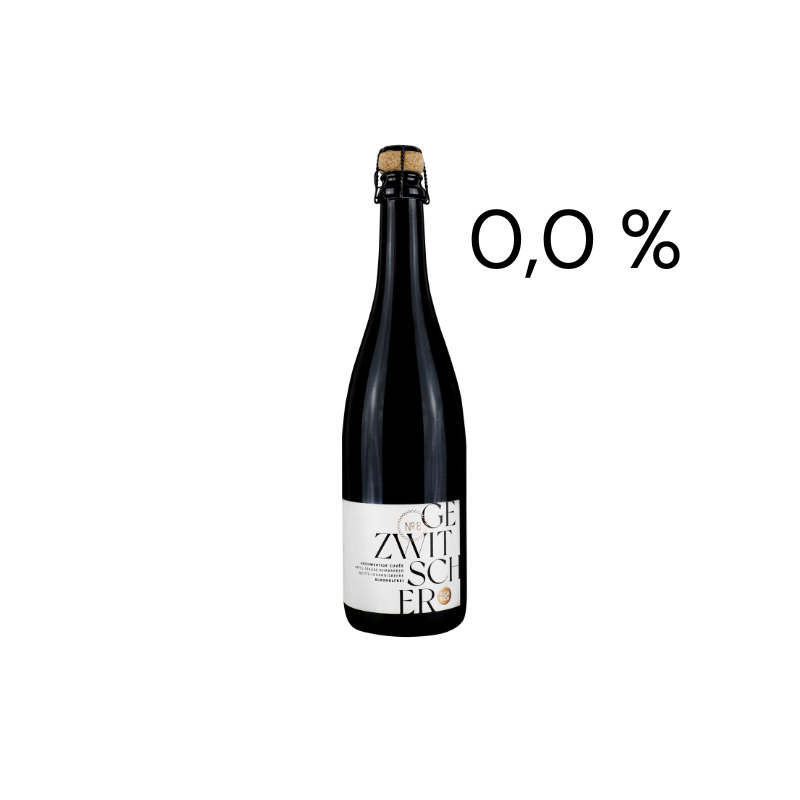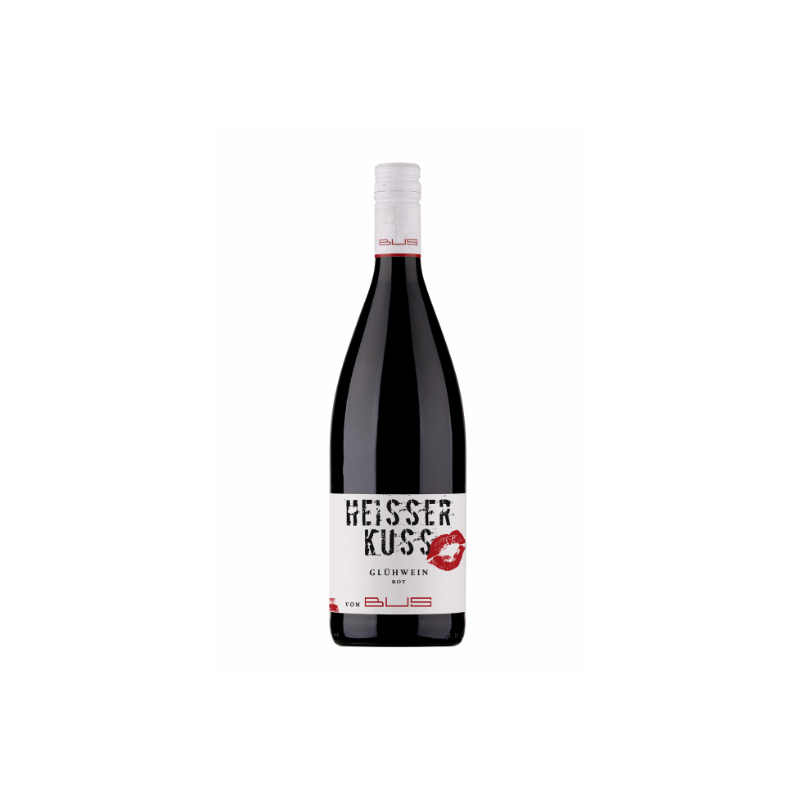Weinagentur BELY - Home of Fine Wines
ALPL - Golden Times - Alkoholfrei
In stock€ 9,50Unit price€ 12,67 / lUnavailableWeinagentur BELY - Home of Fine Wines
ALPL - Golden Times - ITALIAN APERITIVO
In stock€ 9,50Unit price€ 12,67 / lUnavailableWeinagentur BELY - Home of Fine Wines
ALPL - Sunset Rosé - ITALIAN APERITIVO
In stock€ 9,50Unit price€ 12,67 / lUnavailableCà Maiol
Cà Maiol - Roseri Chiaretto Riviera del Garda Classico Valtenesi DOP
Very low stock€ 10,00Unit price€ 13,33 / lUnavailableCan Axartell
Can Axartell - Giró Ros Colección
Very low stock€ 15,00€ 20,00Unit price€ 20,00 / lUnavailableChampagne Brimoncourt
Champagne BRIMONCOURT - 2009 Millésime Brut
Very low stock€ 109,00Unit price€ 145,33 / lUnavailableChampagne Brimoncourt
Champagne BRIMONCOURT - Blanc de Blancs
Low stock€ 40,00Unit price€ 53,33 / lUnavailableChampagne Brimoncourt
Champagne BRIMONCOURT - Brut Régence
In stockFrom € 20,00Unit price€ 53,33 / lUnavailableChampagne Brimoncourt
Champagne BRIMONCOURT - Brut Rosé
In stock€ 38,00Unit price€ 50,67 / lUnavailableChampagne Brimoncourt
Champagne BRIMONCOURT - Extra Brut Grand Cru
Low stock€ 44,00Unit price€ 58,67 / lUnavailableChampagne Haton
Champagne Haton - EXTRA GRAND CRU Blanc de Blancs
Very low stock€ 45,00Unit price€ 60,00 / lUnavailableChampagne Haton
Champagne Haton - EXTRA GRAND CRU Intense Brut
Very low stock€ 40,00Unit price€ 53,33 / lUnavailableChampagne Haton
Champagne Haton - EXTRA GRAND CRU Rosé
Very low stock€ 42,00Unit price€ 56,00 / lUnavailableChâteau Miraval
Château Miraval - Studio by Miraval Rosé
Very low stock€ 12,00Unit price€ 16,00 / lUnavailableChât0 Zer0
ChâtO ZerO - INFINITEA The Duchess of Rooibos
Low stock€ 9,50Unit price€ 12,67 / lUnavailableDomaine La Louvière
Domaine La Louvière - LE COQUIN
In stock€ 8,50Unit price€ 11,33 / lUnavailableHecht & Bannier
Hecht & Bannier - Coteaux d'Aix-en-Provence AOC Rosé
€ 12,00Unit price€ 16,00 / lUnavailableHecht & Bannier
Hecht & Bannier - Côtes de Provence AOC Rosé
€ 13,00Unit price€ 17,33 / lUnavailableHecht & Bannier
Hecht & Bannier - Côtes de Provence AOC Rosé - Magnum
€ 29,00Unit price€ 19,33 / lUnavailableKolonne Null
Kolonne Null - CUVÉE BLANC NO.01 PRICKELND
In stock€ 11,50Unit price€ 15,33 / lUnavailableKolonne Null
Kolonne Null - Studio Italiano Spumante
Low stock€ 9,50Unit price€ 12,67 / lUnavailableDomaine L&R Kox
L & R KOX - Cuvée d'Aperitif - Brut - MEDAILLE D'OR
€ 13,00Unit price€ 17,33 / lUnavailableDomaine L&R Kox
L & R KOX - The NAKED Crémant Brut - LIMITED EDITION
Very low stock€ 222,00Unit price€ 296,00 / lUnavailableSchloss VAUX
Weingut am Nil - Pinot Sekt bA Brut
Very low stock€ 20,00€ 23,00Unit price€ 26,67 / lUnavailableSchloss VAUX
Weingut am Nil - Pinot Sekt bA Brut
Very low stock€ 25,00€ 28,00Unit price€ 33,33 / lUnavailableViña VIK
VIK - La Piu Belle Champagne Millesime 2009 Extra Brut
Very low stock€ 130,00Unit price€ 173,33 / lUnavailableWeingut am Nil
Weingut am Nil - Kallstadter Saumagen Pinot Noir
In stockFrom € 25,00Unit price /UnavailableWeingut am Nil
Weingut am Nil - Pinot Sekt bA Brut
Very low stock€ 20,00€ 24,00Unit price€ 26,67 / lUnavailableWeingut Hörner
Weingut Hörner - Chardonnay >Widder<
Very low stock€ 15,50Unit price€ 20,67 / lUnavailableWeingut Hörner
Weingut Hörner - Chardonnay >Widder< RÉSERVE
Very low stock€ 25,00Unit price€ 33,33 / lUnavailableWeingut Hörner
Weingut Hörner - DOPPELBOCK Sekt Brut >Steinbock<
Very low stock€ 12,50Unit price€ 16,67 / lUnavailableWeingut Hörner
Weingut Hörner - Pinot Noir >Widder< RÉSERVE
Very low stock€ 25,00Unit price€ 33,33 / lUnavailableWeingut Reverchon
Winery on the Nile - Pinot Blanc
Low stock€ 25,00Unit price€ 33,33 / lUnavailableWeingut Reverchon
Winery on the Nile - Pinot Blanc
Low stock€ 19,00Unit price€ 25,33 / lUnavailableWeingut Reverchon
Winery on the Nile - Pinot Blanc
Very low stock€ 9,00€ 11,00Unit price€ 12,00 / lUnavailable



